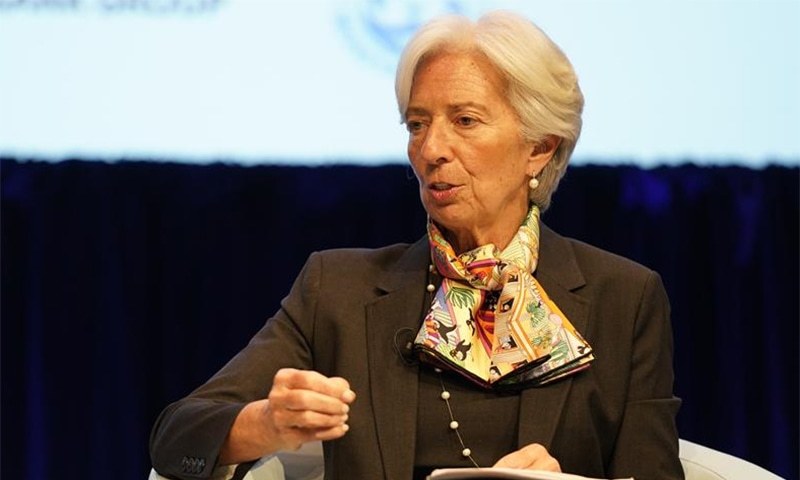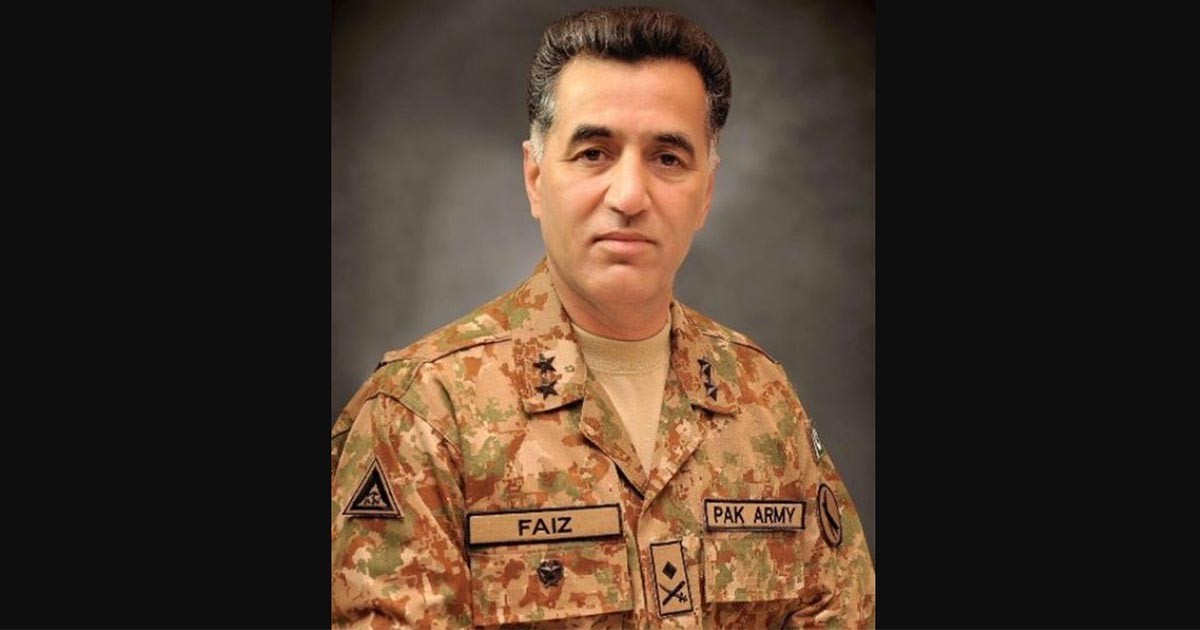What is Pakistan’s foreign policy trying to achieve under PM Nawaz Sharif? This question is increasingly on more and more minds. Pakistanis are getting more and more confused, but there is no clear answer. All traditional explanations of “good will towards India” and a desire to have normalization of relationship are now insufficient to explain the manner in which Nawaz government is conducting itself.
Recent events that took place at the Heart of Asia Conference at Amritsar, the way Sartaj Azia (Nawaz Sharif’s de-facto Foreign Minister) was humiliated, the way Pakistan’s High Commissioner, Abdul Basit, was treated and Pakistani media persons traveling from Pakistan were abused and the manner in which Sartaj Aziz tried to play it down on his return to Islamabad have deepened these provocative questions. Finally the manner in which Sartaj Aziz gave a spin of “insufficient evidence for dossier” to the case of Indian saboteur, Commander Kulbhashan Yadav, and the way it was leaked to the media outlets aligned with the Nawaz government is making it more and more obvious that government of PM Nawaz Sharif is under some sort of obligation to play to the Indian gallery.
Is this an attempt to buy friendship and support of Indian PM Narendra Modi to ward off potential Indian aggression? Or is this a calculated strategy to align with Indian power and international clout to influence Pakistan’s domestic politics? Is this to play for support and leverage from the United States and international monetary regime lead by the United States? United States’s strategic goal to bring Pakistan into Indian zone of influence to contain rising China is well known. Hostility of US think tanks and media towards Pakistani military and opposition lead by Imran Khan is also well documented. The Indo-US argument that the only problem in the region, between Kanya Kumari to Amu Darya, is Pakistan’s Army is also well published. So is PM Nawaz using both his domestic and foreign policy to send signals to the US lead western alliance that he is trying to accommodate their vision for South Asia in whatever way its possible?
Munir Akram, Pakistan’s celebrated diplomat, its ex-Ambassador to the UN, one of the most influential foreign policy writer, has offered, in an Opinion piece in Dawn on 11th Dec, a pincer analysis of the manner in which Sartaj Aziz went and conducted himself at the Heart of Asia Conference at Amritsar. He pointed out that in a “Non-Aligned Summit a few decades ago, Egypt’s foreign minister interrupted the president of the host country when he made a critical comment about the recently concluded Camp David agreement” Munir Akram argues that at “Amritsar, Pakistan would have been well within its rights to interrupt the speeches by Modi and Ghani, on a point of order, for transgressing the agenda and purpose of the conference” And he adds, if Pakistan’s protests on violating the protocols and conventions of a multi-national platform were ignored then Pakistani delegation was well within norms to walk out of the conference. If Sartaj Aziz did not have the audacity or skill to do that then at the minimum Pakistan could have come up with its own accusations, its point of view, as to what India and Afghanistan are doing.
But Sartaj Aziz’s abysmal failure in doing either raises serious questions about what he was doing there. What were his objectives and what was his mandate from Islamabad? These troubling questions multiply when we remember the recent events like Dawn Leaks, which are believed to be the deliberate calculated acts of highly placed individuals within the Prime Minister’s Office. Dawn leaks strengthened the Indian accusations- otherwise unsubstantiated – of Pakistani involvement in Uri Attacks. Now Sartaj Azia was seen downplaying the case of RAW saboteur, Kulbhahsan Yadav.
Pakistan’s diplomats – both serving and retired – are quietly arguing that Pakistan’s ingratiating posture, lacking self respect and exhibiting appeasement in external relations, especially towards India, has become a recurring feature of its high-level diplomacy, increasingly symbolized by the desperate calls for dialogue with India, even after it launched its latest repression in India-held Kashmir last July and kept on taking unacceptable positions on Baluchistan and Gilgit-Baltistan. Statements of top foreign policy advisers of Nawaz Sharif team – Sartaj Aziz and Tariq Fatemi – therefore appear to be totally out of context of the new ground realities being shaped. They appear to be either in a time warp or under some sort of compulsions. What are these compulsions? diplomats wonder.
Is there a thinking, a sort of expectation that an accommodative stance from Pakistan will elicit understanding and support from Kabul’s de-facto controller and India’s strategic ally, the US. But the reality is that Indian and Afghan allegations against Pakistan are being echoed if not originated in Washington in the first instance. And actions of Nawaz team are merely adding credibility to these accusations. In other words, Nawaz team is merely playing inside the Indo-US regional paradigm. What is the end objective?
Ambassador Munir Akram, in his powerful piece has argued that: “History teaches that weakness invites aggression. Timidity will invite further abuse and pressure. Pakistan must adopt a more robust posture in defence of our national interests”. The full piece can be accessed through Dawn’s site: Gluttons for Punishment, Munir Akram, The Dawn














